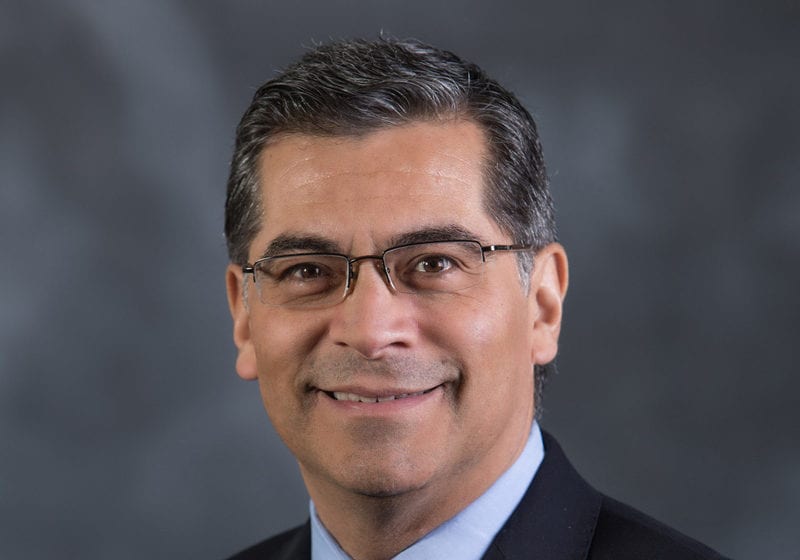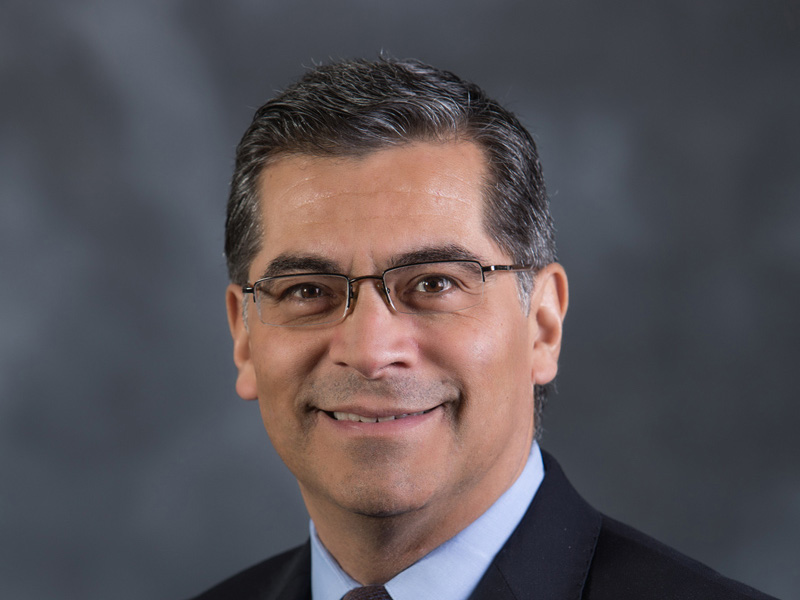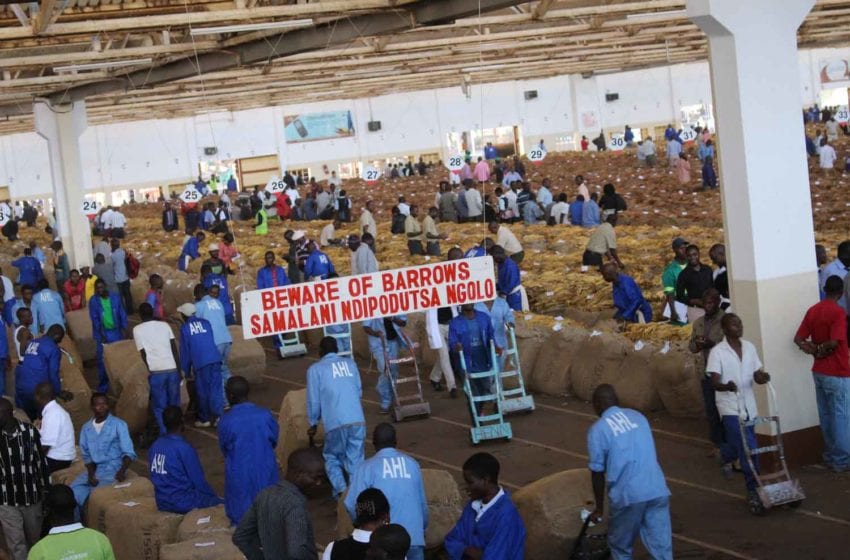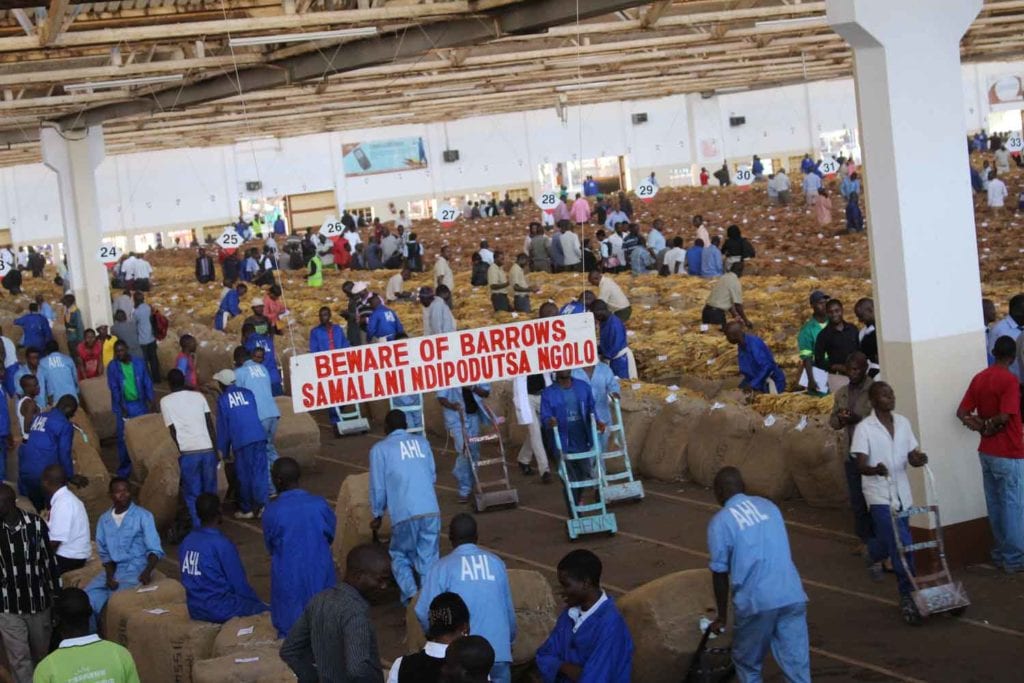
The China Patent Office has approved Next Generation Labs’ (NGL) patent application covering the process for the preparation of R-S [synthetic] nicotine, issue number 201580069647.2.
The approval will give NGL the ability to better enforce its intellectual property rights. NGL is the world’s largest manufacturer of S-isomer, R-S isomer and R-isomer synthetic nicotine sold under the registered brand name TFN.
According to NGL, the U.S. and Korean markets have been inundated with dozens of fake synthetic nicotine products and brands, and many manufacturers have misleadingly labeled bulk pure nicotine, bulk vape liquid mixtures, and vaping and oral nicotine products as made with TFN. In many instances, the nicotine contained in these products is not synthetic, tobacco-free or nontobacco but is in fact derived from tobacco sources.
For almost a decade, NGL has spent considerable effort establishing a strong global intellectual property portfolio that has become distinctive of the company’s goodwill and of the high quality adult consumers expect of TFN-branded nicotine.
NGL now intends to fully enforce its rights against many of these so-called synthetic nicotine brands.
Next Generation Labs
NGL has been taking direct action in the United States and through its sole South Korean distribution partner NextEra to limit the misleading claims of unscrupulous sellers of pseudo-synthetic nicotine and against manufacturers and brand owners who misrepresent that their product contains TFN-branded synthetic nontobacco nicotine.
“With the assistance of the Chinese authorities, NGL now intends to fully enforce its rights against many of these so-called synthetic nicotine brands at their point of manufacture and will take the lead with national customs agencies to limit the flow of fake synthetic nicotine products at trade exit and entry points in China, the U.S., EU, U.K., South Korea, India, Canada and Australia,” the company wrote in a press release.







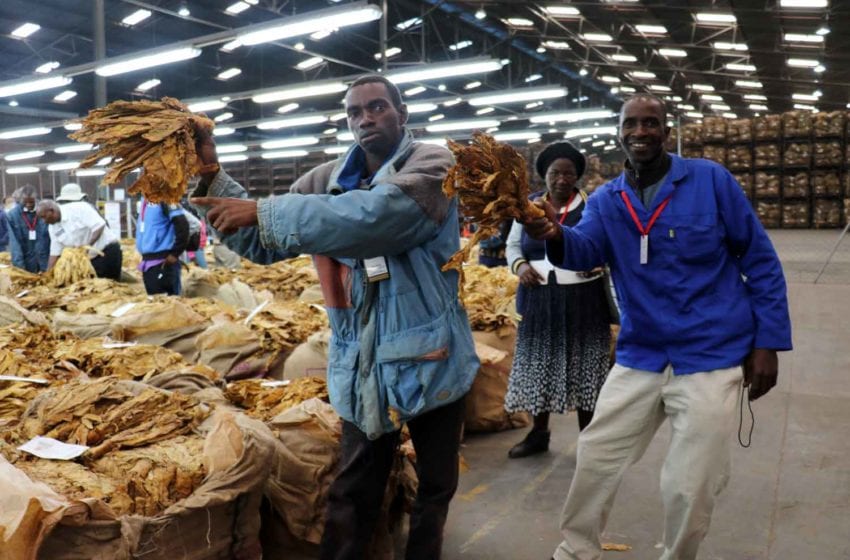
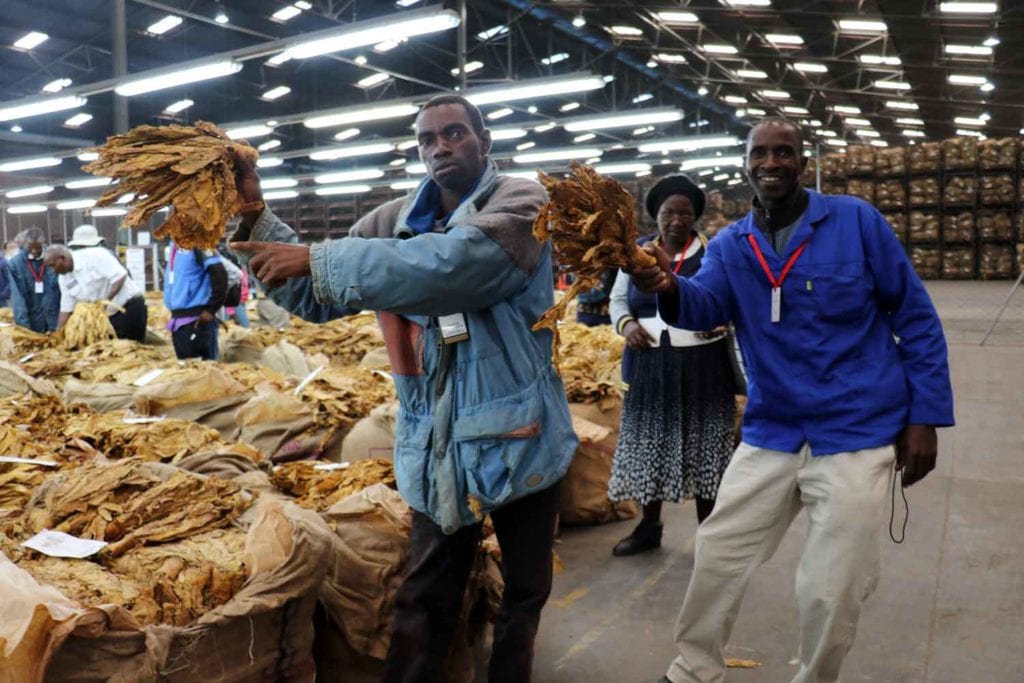

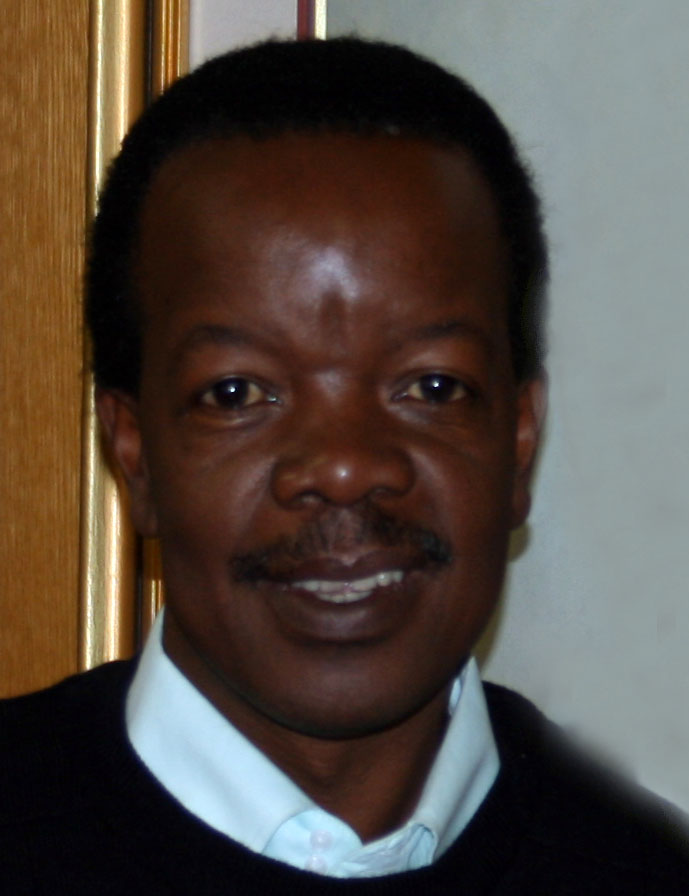


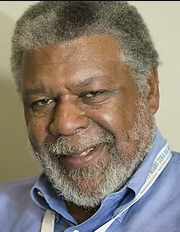
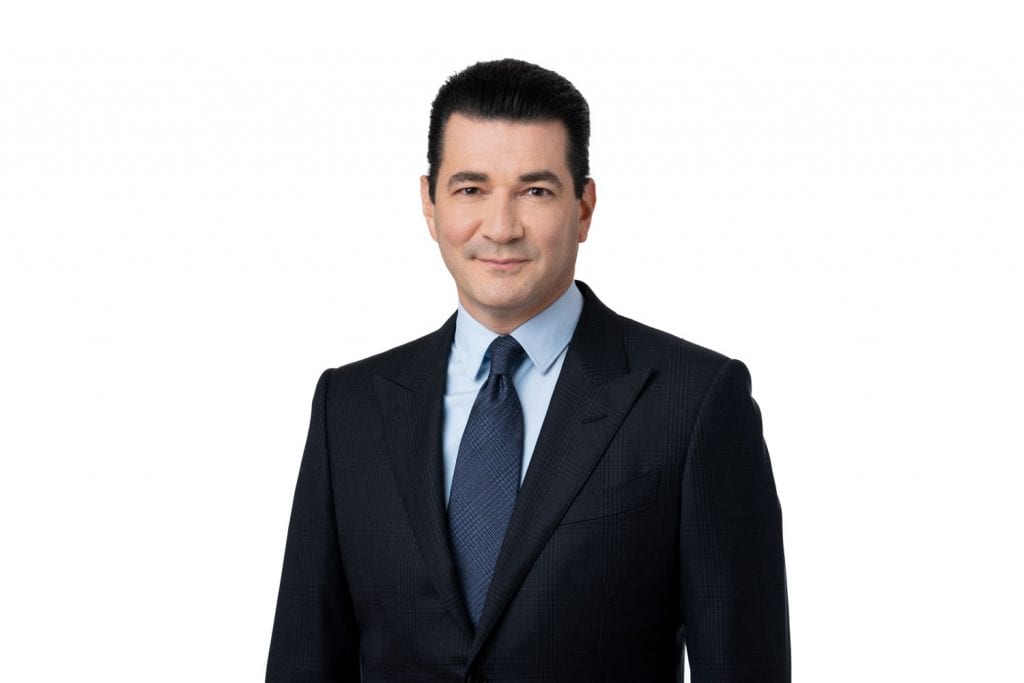



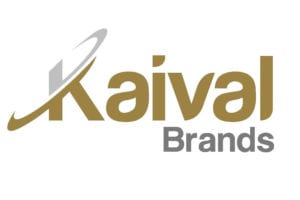 Kaival Brands Innovations Group has appointed Paul Reuter, Carolyn Hanigan and Roger Brooks to its board of directors.
Kaival Brands Innovations Group has appointed Paul Reuter, Carolyn Hanigan and Roger Brooks to its board of directors.